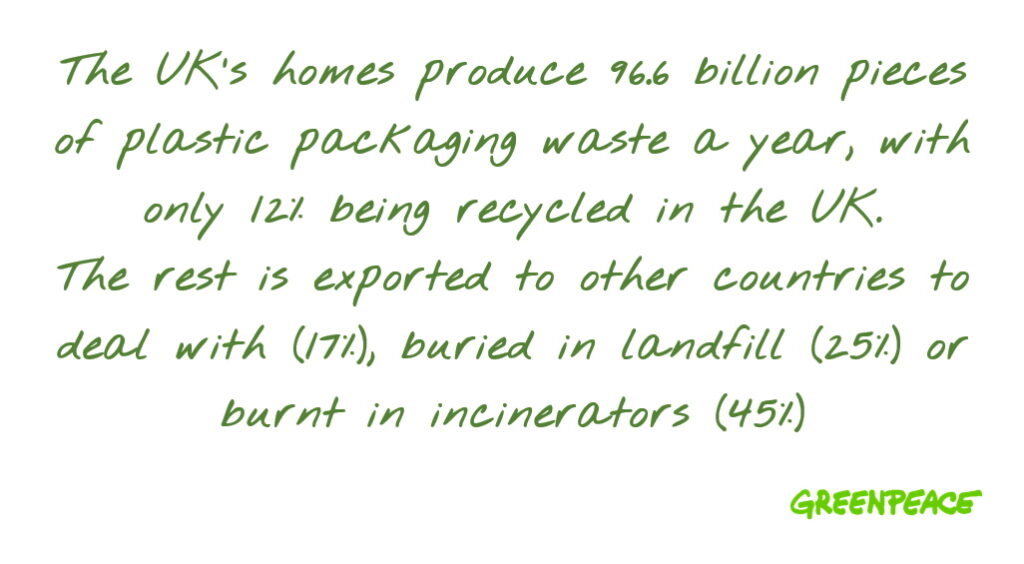This infographic about minimising waste popped up on my Facebook feed and I had to share it.
We are all consumers and we all have power. Don’t let anyone try to convince you otherwise!

Waste – It’s Not About Recycling
Minimising waste in not the same as responsibly disposing of it.
It may be able to be recycled but it probably won’t be
Every time I see ‘recyclable’ printed on plastic packaging it enrages me. It may be able to be recycled but it probably won’t be and that’s not the point.
The producer is shifting their responsibility and culpability to individuals – It’s flippant, cynical, greenwashing.
The point is not to extract the oil, create the virgin plastic and the associated pollution, then ship it around the world in the first place!
Recycling waste is a last, not first, resort. Better to not create the waste in the first place and when we do, reuse or repurpose it instead.
There is always a compromise and sometimes recycling is the best option. Some materials are easily and widely recycled, multiple times (glass, paper and metal). Plastic is not.
In fact, according to Greenpeace’s Big Plastic Count 2022 very little of the plastic we put in our kerbside recycling in the UK is in fact recycled!

Right now, society treats packaging as something disposable – something that can be used once then tossed away. This mindset has led to the plastic pollution crisis, and moving back to refillable, reusable packaging is the best way to turn things around.
Market Forces Are The Problem Not the Solution
An increasing demand for ‘stuff’ leads to the supply of more ‘stuff’. I’m not ‘anti-capitalist’, I’m pro ‘responsible business practices’ and sometimes that involves strategic level intervention.
More stuff means more waste.
This is a simple equation.
Our appetite for ‘cheap stuff’ is fuelling the stripping of the Earth’s resources and converting them into mountains of toxic waste.
Leaving ‘the market’ to solve the issue is simply not an option.
If market forces were sufficient we wouldn’t be living on a planet choked with waste!
A Mindset Shift
Infographics, such as this, help to educate and influence the individual.
Ultimately, when our mindset shifts to create less waste in the first place, producers and retailers will eventually have to respond.
Because how we spend our money is casting a vote for a future we want.
There is, however, only so much we as individuals can do.
There needs to be action at a government and corporate level to end the culture of waste. To end the profiteering practice of inbuilt obsolescence. It will take more than consumer choice to change this, it needs high level intervention to force retails and producers to behave responsibly.
In the meantime, however, we can all do a little better.
It’s not about a few of us doing ‘zero waste perfectly’, but all of us doing something.